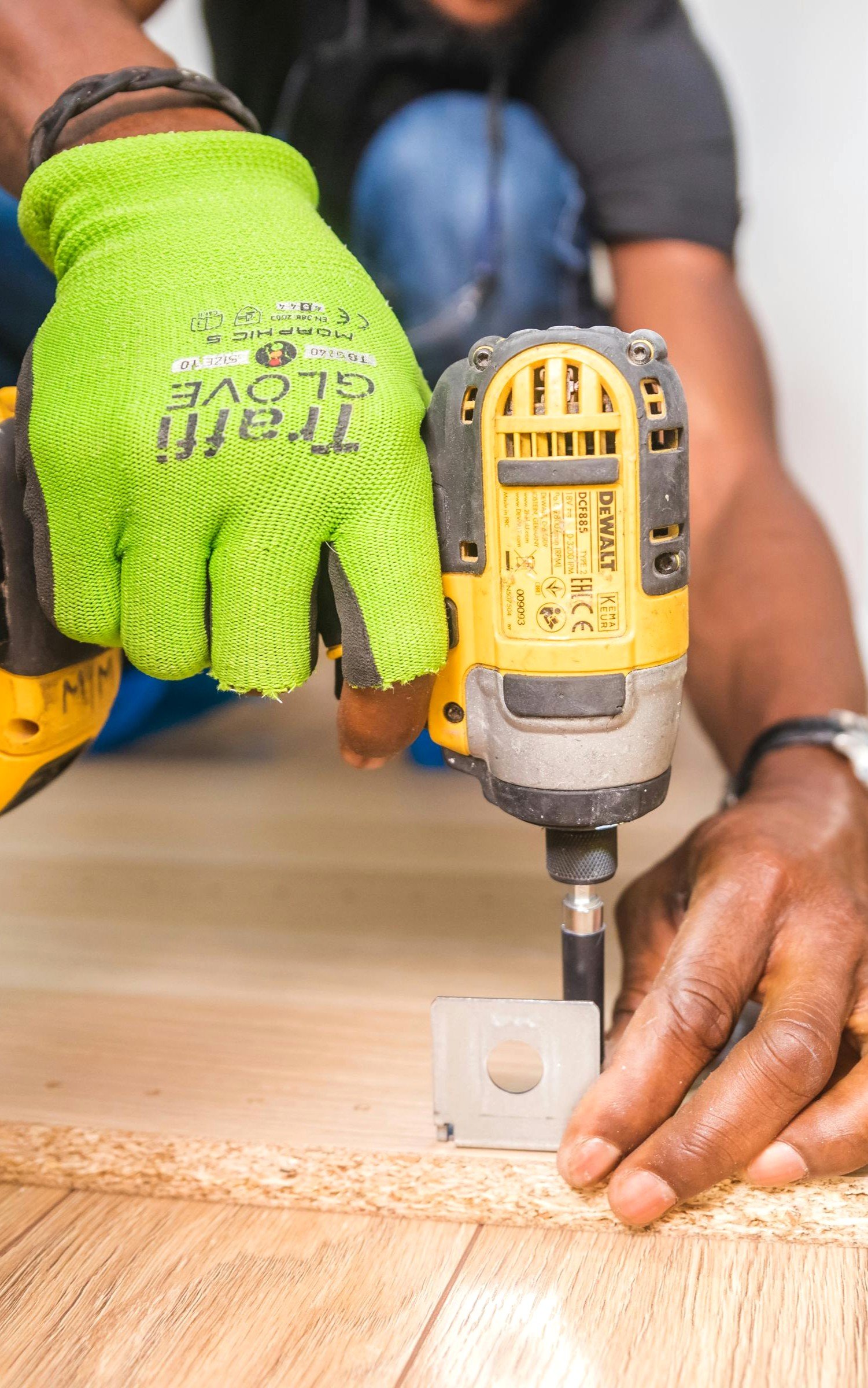Stress-Free House Care: How to Handle Repairs and Plan Upgrades with Ease

Stress-Free House Care
Looking after your living space doesn’t need to feel overwhelming. You don’t have to manage everything at once or master every skill.
With some planning and clear decision-making, it’s possible to stay ahead of wear and tear without feeling anxious.
A few smart choices, like understanding when to call someone in and how to prepare for future changes, can make the process easier.
Some tasks require more caution than others, especially when safety or electrical risks are involved. Instead of trying to handle it all alone, consider a more structured and steady method.
The goal isn’t perfection. It’s peace of mind and long-term comfort where you live.
Here’s how you can keep your home in top shape.
Create a Basic Home Care Schedule
Setting up a clear checklist makes a big difference in how you handle everyday responsibilities. Break your tasks into weekly, monthly, and seasonal categories.
Start small—checking fire alarms, clearing out vents, or wiping down AC filters. Once these routines become second nature, you’ll feel more confident addressing other concerns.
Schedule time twice a year to walk through each area and look for early signs of wear, like water stains on ceilings or cracks in caulking.
Keeping your surroundings in good shape helps prevent bigger issues later. You don’t have to do it all in one weekend. Just keep a calendar, and pace yourself.
Know When to Let the Experts Handle It
Certain fixes should never be attempted without training. One of the biggest risks involves electrical work. Even small electrical mistakes can spark serious consequences, like fires or long-term damage to wiring.
For example, loose outlets, flickering lights, or warm switch plates may look minor but could point to deeper hazards.
Instead of guessing, let the professionals perform electrical repair to avoid risking your safety. Local contractors and specialists know how to handle wiring hazards and what not to touch.
They can also solve problems quickly, using the right tools and methods.
Handle Minor Leaks and Drips Early
Small water issues often go ignored, but they shouldn’t. A tiny drip can lead to mold growth, warped flooring, or higher utility bills.
Don’t wait until there’s visible water damage. Watch for stains under sinks or behind appliances. Tightening a connection or changing a washer is usually manageable.
If you can’t stop the issue, call someone with the right know-how. Keep a flashlight and small wrench handy to make quick checks easier.
You should also know where the shut-off valve is located so you can act fast if needed. Prevention helps you avoid larger costs later, even with basic water flow issues.
Plan Based on Daily Use, Not Trends
There’s no need to chase the latest styles or expensive features if they don’t make daily life easier. Before starting any project, think about how each room gets used.
Would adding wall hooks in the entryway help with clutter? Could task lighting over a table make cooking or reading more comfortable?
Small changes tailored to your habits go further than trendy upgrades. You can also rearrange furniture or repurpose unused nooks.
Take your time and observe how things function before committing to bigger investments. When changes reflect your routine, they add more value than anything picked out of a magazine.
Budget with Flexibility in Mind
It helps to set aside money every month for general upkeep. You don’t need a huge fund. Just enough to handle both unexpected fixes and long-term goals.
Divide your savings into three areas: routine needs, sudden issues, and future changes. This keeps you ready without creating stress when something pops up.
You can track your spending with a simple spreadsheet or app. Over time, you’ll notice patterns and know what to expect during certain months.
Try not to dip into this fund for unrelated expenses. Keeping it steady builds confidence and helps you make decisions without feeling rushed or uncertain.
Keep a Go-To List of Reliable Help
You don’t want to scramble for help when something breaks. Take time now to gather names and numbers of trusted people who can step in when needed.
Ask neighbors for referrals, or check verified reviews online. Look for teams that handle a range of jobs and are known for clear pricing.
Save their contact details somewhere easy to access—your phone, a fridge magnet, or a drawer. This saves you time and panic later.
Having dependable help makes it easier to take action when something isn’t working. You don’t need to hunt through dozens of websites every time something goes wrong.
Make Energy Use More Efficient
Paying attention to how energy flows through your place can lead to savings and fewer long-term issues. Start by sealing drafts around doors or windows.
Swap out older bulbs for LEDs. You can also unplug unused devices to stop phantom energy use.
Some utility companies offer free energy checks or rebates for basic upgrades. A smart thermostat might cost more upfront, but it often pays off in the long run.
Small changes add up. You don’t need to overhaul everything—just make consistent improvements. Over time, you’ll notice less waste, lower bills, and a better sense of control over your space.
Put Safety First, Always
It’s easy to overlook risks in areas you use every day. Check your stair rails to make sure they’re steady. Add motion lights near your entry points.
If you have young children or older adults at home, consider night lights in hallways or non-slip mats where needed.
Review the placement of your fire extinguishers and test smoke and carbon monoxide alarms twice a year.
These actions don’t take much time, but they help protect you and those around you. Don’t wait for something to go wrong—get ahead of the risks and keep your surroundings as secure as possible.
You May Also Like:
- Smartest Home Upgrades for Lasting Value
- Best Upgrades for First-Time Homeowners
- 4 Tech Upgrades That Can Save You Money
- The ABCs of Maintaining a Happy Home
Looking after your surroundings doesn’t have to feel like a full-time job. By keeping a flexible plan, tracking what’s needed, and asking for help when the situation calls for it, you save yourself stress and effort.
When it comes to tasks that involve higher risk, it’s worth the peace of mind to let experienced contractors handle electrical repairs instead of guessing your way through it.
The goal is to make your day-to-day living easier, not harder.
With the right choices and a steady mindset, keeping things in order becomes less of a burden and more of a comfort you can count on.
Do you have any other tips on how to achieve stress-free house care?
Let me know, til then—cheers m’deres!

PIN FOR LATER:


Nancy Polanco is a freelance journalist, lifestyle content creator, and editor of Whispered Inspirations. She is a proud Mom to Gabby and Michaela and partner and best friend to Darasak. Having worked as part of a health care team for almost a decade, Nancy is happy to be back to her passion. She is a contributor to the Huffington Post, TODAY’s Parents, and an Oprah Magazine Brand Ambassador.






